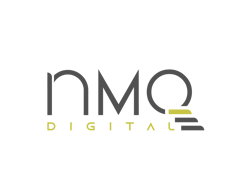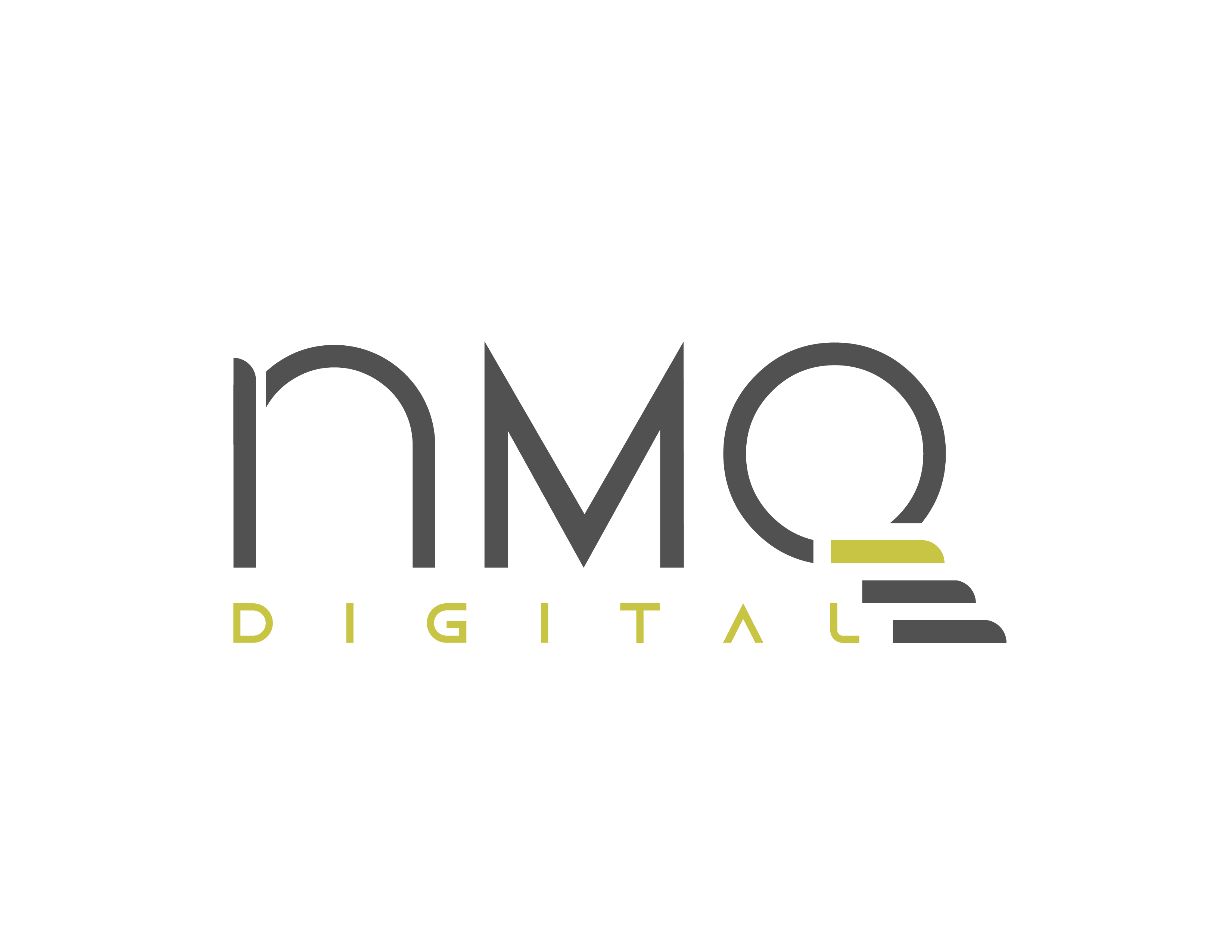In today’s world, where data dissemination is effortless, safeguarding financial information, intellectual property, employee details, and entrusted information from third parties is imperative for organizations. Consequently, the implementation and efficient operation of an Information Security Management System (ISMS) has become the key.
At NMQ Digital, we give the utmost priority to the data we handle. To ensure this, we have taken proactive measures by initiating the implementation of ISMS following the ISO/IEC 27001 Standard.
In this article, we will focus on;
- What is the Difference Between ISO/IEC 27001 and Other ISMS Standards?
- What Type of Organizations Can Benefit From ISO/IEC 27001?
- Why ISMS is Important For Organizations?
- What Are the Typical Challenges Organizations Face When Implementing ISMS?
- How Do We Measure the Effectiveness of Our ISMS?
- Why Organizational Awareness is Important For the Effectiveness of ISMS?
- Key Takeaways
What is the Difference Between ISO/IEC 27001 and Other ISMS Standards?
ISMS refers to a systematic approach to managing an organization’s sensitive information to ensure its confidentiality, integrity, and availability. It involves establishing policies, procedures, and processes to manage, monitor, audit, and improve information security within an organization.
It typically includes risk assessment, implementation of controls, ongoing monitoring, and continual improvement of the information security posture. ISMS frameworks such as ISO/IEC 27001 provide a structured approach to establishing, implementing, maintaining, and continually improving an organization's information security management system.
Apart from ISO/IEC 27001 being a well-recognized international standard for Information Security Management Systems (ISMS), it differs from other ISMS standards with varying scopes, industry relevance, and certification frameworks.
For example, ISO/IEC 27001 provides a basis for certification, where organizations can undergo audits to demonstrate compliance with the standard whereas others may focus more on guidance and best practices without providing a formal certification mechanism.
Or, if we consider the scope, ISO/IEC 27001 focuses solely on information security management, addressing risks related to confidentiality, integrity, and availability of information. Other standards may have a broader scope, covering different aspects of quality management, environmental management, occupational health and safety, etc.
Undoubtedly, organizations should assess their specific needs, industry requirements, and regulatory obligations when choosing an ISMS standard for implementation.
Here are some key considerations:
- Relevance to your industry: Consider whether the ISMS standard is tailored to your industry's specific needs and regulatory requirements. Certain industries may have unique compliance requirements or security concerns that need to be addressed.
- Alignment with the organizational goals: Consider how well the ISMS standard aligns with your organization's overall goals and objectives. It should support your strategic initiatives and help mitigate risks that could impact the achievement of your business objectives.
- Integration with existing systems: Determine how well the ISMS standard integrates with your existing business processes, systems, and other management systems (e.g., quality management system). Integration can streamline operations and reduce duplication of efforts.
As NMQ Digital, we have chosen ISO/IEC 27001 as our ISMS standard because it directly aligns with our primary goal of ensuring the security of our data. This internationally recognized standard not only provides a robust framework for managing information security risks but also enhances our organization's credibility and trustworthiness on a global scale.
By implementing ISO/IEC 27001, we are demonstrating our commitment to maintaining the highest standards of information security, which is essential for earning the confidence of our clients and partners.
What Type of Organizations Can Benefit From ISO/IEC 27001?
ISO/IEC 27001 is an international standard for Information Security Management Systems (ISMS), and its benefits extend to a wide range of organizations across various industries.
Some types of organizations that benefit from implementing ISO/IEC 27001 include:
- Multinational corporations and large enterprises with complex IT infrastructures,
- Small and medium-sized enterprises (SMEs) who often face resource constraints and lack dedicated IT security teams,
- Government agencies for handling citizen data and national security-related data,
- Banks, insurance companies, and other financial institutions as they are prime targets for cyberattacks due to the valuable financial data they hold,
- Healthcare providers, hospitals, and medical facilities for storing sensitive patient information,
- Technology companies that develop, maintain, or provide IT products and services as they rely on secure systems and networks to protect intellectual property and customer data,
- Universities, colleges, and educational institutions for handling student records, research data, and intellectual property.
Overall, any organization that values the security of its information assets, regardless of its size or industry, can benefit from implementing ISO/IEC 27001 to establish and maintain an effective information security management system.
Why is ISMS Important For Organizations?
ISMS plays a crucial role in helping organizations protect their valuable information assets, comply with regulations, manage risks effectively, and maintain trust and confidence among stakeholders.
Hereby are some highlights:
1. Compliance with data protection laws & regulations
Many countries have specific regulations and standards related to information security, such as GDPR, PDPA, etc. Implementing ISO 27001 involves a thorough risk assessment to identify potential threats and vulnerabilities to your information assets, including personal data. Addressing these risks will minimize the likelihood of a data breach that could compromise an individual’s privacy. As part of the Standard, you will continually monitor, review, and enhance your ISMS to ensure you stay ahead of evolving threats.
2. Protecting Reputation
A security breach can significantly damage an organization's reputation and erode customer trust. Implementing robust information security measures through ISMS helps protect the organization's reputation and maintain confidence among customers, partners, and stakeholders.
In 2017, Equifax, one of the largest credit reporting agencies in the United States, suffered a massive data breach that exposed the personal information of approximately 147 million people.
While the Equifax data breach was undoubtedly damaging, the company's prior implementation of an ISMS helped in containing the fallout and demonstrating its commitment to information security.
This underscores the importance of having robust security measures in place, even in the face of unforeseen security incidents, to protect a company's reputation and maintain customer trust.
3. Cost Savings
While implementing ISMS requires initial investment, it often leads to cost savings in the long run. By preventing security incidents and data breaches, organizations avoid the financial costs associated with investigating and mitigating breaches, legal fines, and compensation to affected parties.
4. Competitive Advantage
Demonstrating a commitment to information security through ISMS can provide a competitive advantage. Customers and partners are increasingly prioritizing security when choosing vendors or collaborators.
Having a certified ISMS can differentiate an organization from its competitors and attract business opportunities.
5. Continuous Improvement
ISMS promotes a culture of continuous improvement in information security practices. Through regular audits, reviews, and updates to security controls, organizations can adapt to evolving threats and maintain the effectiveness of their security measures over time.
In summary, ISMS is essential for organizations to effectively manage information security risks, comply with regulatory requirements, protect sensitive information, build trust with stakeholders, and support their overall business objectives.
It provides a structured approach to information security management, enabling organizations to proactively address security threats and vulnerabilities while promoting a culture of security awareness and continuous improvement.
What Are the Typical Challenges Organizations Face When Implementing ISMS?
While it's essential for organizations to maintain an operational ISMS, as highlighted earlier, it's common for them to encounter challenges during both the implementation and maintenance phases.
Some of these challenges include:
- Lack of Senior Management Support: Without senior management support, securing necessary resources such as budget, personnel, and technology can be difficult.
- Resource Constraints: Limited resources can hinder the effectiveness of the implementation process and the ongoing management of the ISMS. It is particularly crucial to allocate resources to appoint an ISMS Representative and ensure adequate support from the IT department.
- Resistance to Change: Implementing ISMS often requires changes to existing processes, procedures, and organizational culture. Resistance to change from employees, management, or other stakeholders can impede the successful adoption and integration of ISMS practices.
- Lack of Awareness and Training: Many organizations struggle to provide comprehensive training and awareness programs for employees, leading to gaps in understanding and compliance with ISMS policies and procedures.
- Technical Complexity: Integrating security controls, monitoring systems, and managing vulnerabilities across diverse IT environments can be daunting, particularly for large or decentralized organizations.
Unlike these typical challenges, I can proudly say that as an ISMS Representative at NMQ Digital, I had full support from senior management from budget and resource allocation to providing the flexibility to prioritize ISMS tasks both during the implementation project and after the certification.
I had also full support from each department regardless of the titles when it came to improving awareness via writing processes, procedures, following up training assignments, and many more.
How Do We Measure the Effectiveness of Our ISMS?
Deploying an ISMS within the organization requires time, dedication, and perseverance. Following these efforts, it becomes imperative for organizations to maintain an effective system. However, what strategies can be employed to achieve this?
Here are some key considerations:
- Monitoring Key Performance Indicators (KPIs): For example, the number of security incidents per year or performing an annual Business Continuity Test can be an important KPI.
- Working on the non-conformities based on the audit findings: You can also measure it via filling in corrective action forms for each major or minor non-conformity and following up the completeness
- The security awareness and training programs: You might also want to make sure that the completion rate of ISMS Awareness Trainings are in line with KPI rates.
At NMQ Digital, we measure the effectiveness of our ISMS through above mentioned criteria. These measures are integral to our continuous improvement efforts, with inputs being shared and deliberated upon during our annual Management Review Meetings, strategically scheduled between our yearly audits.
Why Organizational Awareness is Important for the Effectiveness of ISMS?
The ISMS is only effective if the employees and partners are aware of their roles/responsibilities.
It is a shared responsibility. That is why ISO 27001 requires organizations to raise awareness of Information Security among staff.
The main ways to raise awareness are regular reminders via internal communication channels, training and awareness programs.
At NMQ Digital, we prioritize ISMS Awareness Training for all newcomers as a first step. All ISMS documentation, including processes, procedures, lists, and guidelines, is accessible to the organization through a centralized document library.
We utilize internal communication channels, such as meetings and the intranet, to reinforce the significance of ISMS and its importance.
Key Takeaways
In conclusion, implementing an Information Security Management System (ISMS) in accordance with IEC/ISO 27001 is crucial for organizations from various industries to safeguard their sensitive information, comply with regulatory requirements, and build trust with stakeholders.
By prioritizing ISMS awareness, providing comprehensive training, and utilizing effective communication channels, organizations can foster a culture of security consciousness and ensure the ongoing success of their information security initiatives.
With strong leadership support and a commitment to continuous improvement, organizations can effectively mitigate information security risks and protect their valuable assets in an ever-evolving threat landscape.



